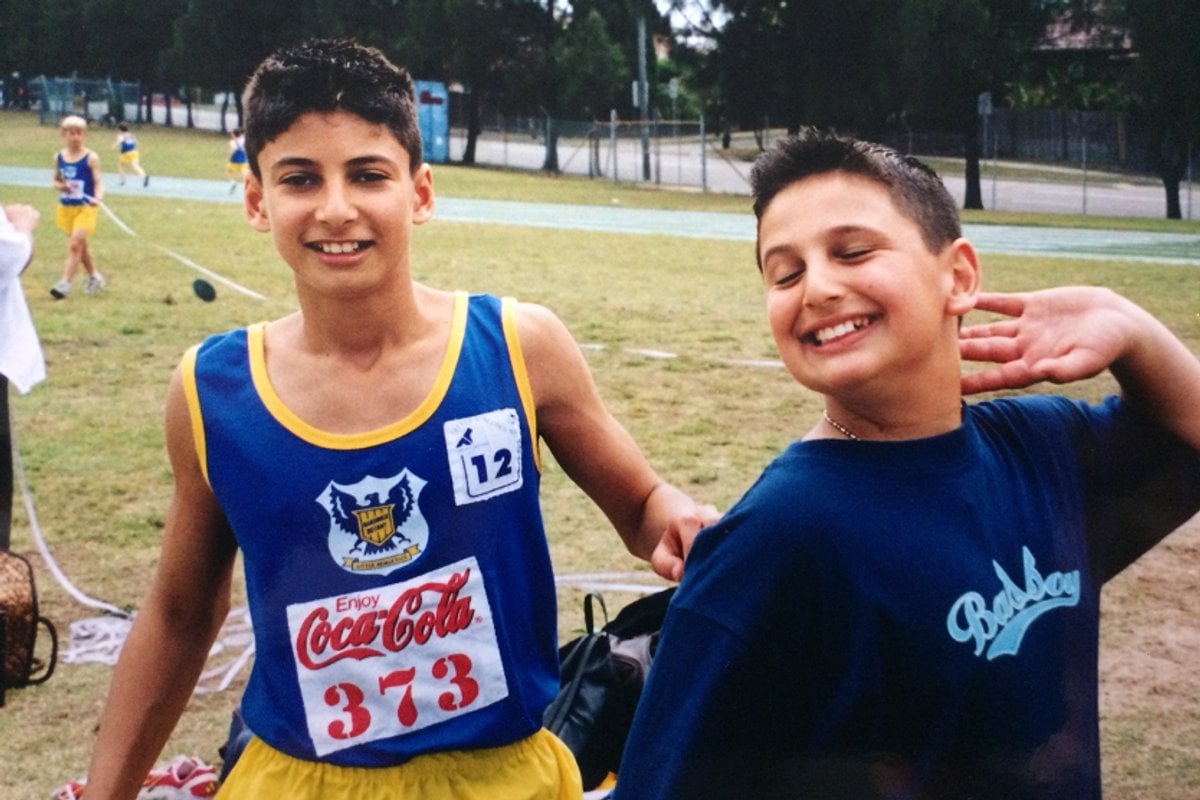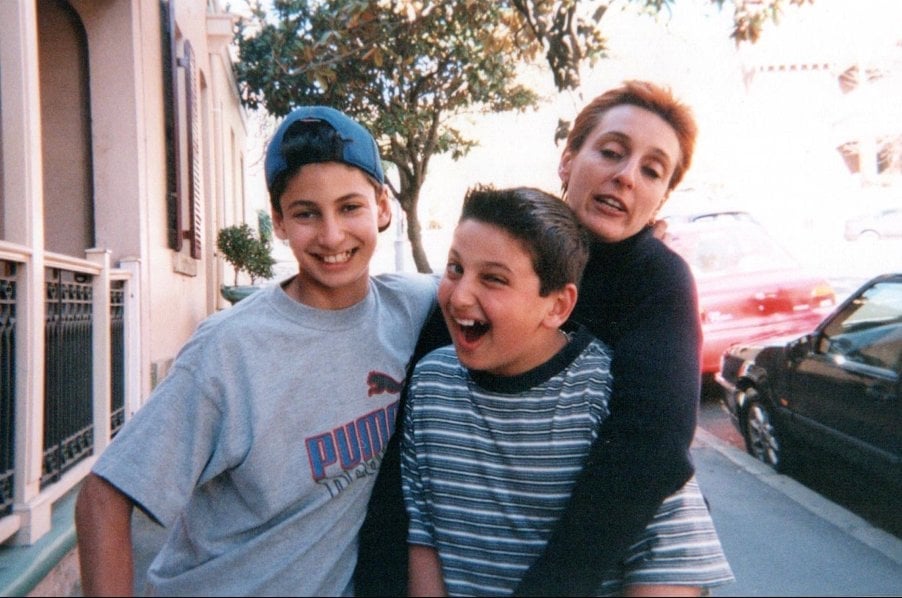
Content warning: This post includes discussion of suicide that may be distressing to some readers.
My brother had twenty-nine laps around the sun before he decided to end his life. I will never know or make peace with why. No one will.
But what I do know is that the moment his world stopped spinning, mine started. Precisely at 3.30 in the morning when the police came to my family's residence to let us know.
Over the years, when certain people have asked me how he died, I have told them it was in an accident. That's just... untrue.
I understand why my reflex response to questions surrounding my brother's passing is deferring to an unintentional cause of death.
First and foremost, some people don't really need to know the intricate details of my personal life (before this article). In my mind, this response attempts to convey there was no perpetrator, while keeping his dignity intact.
The more dominant reason, though, is that deep down I feel guilt-ridden about losing him. As well as shame - being a brother whose love was not enough to encourage him to want to continue living.
I also don’t want the silence that comes with the admission. While there's nothing you can say... it feels like murder if everyone's silent.
When someone you know (blood-related or not) takes their own life, it is truly one of the most difficult and painfully numbing things you can experience. You're left with a lifetime of ruminating about the loss itself, and their intentional choice to leave. To second guess all the times you believed in their smile.


Top Comments